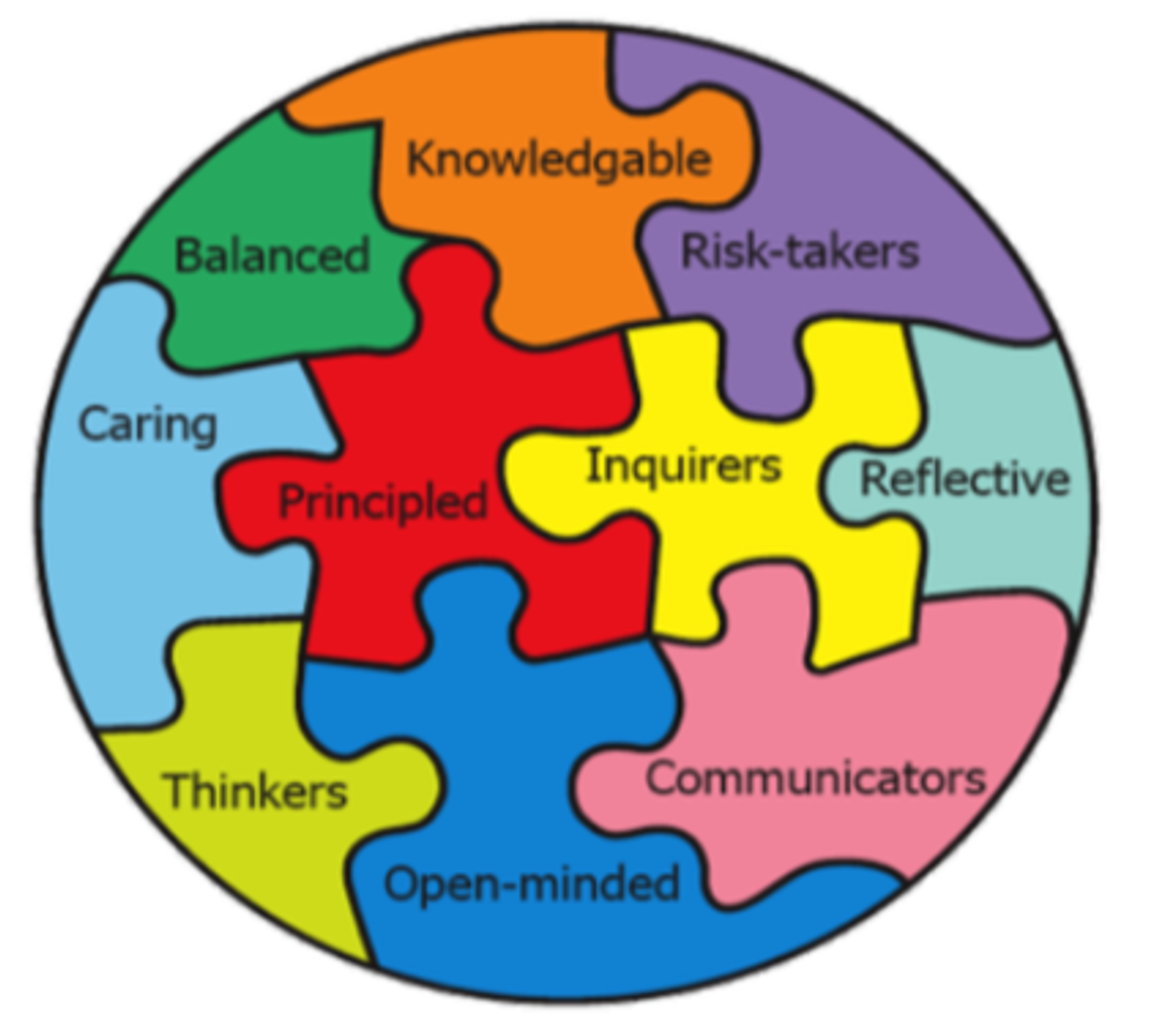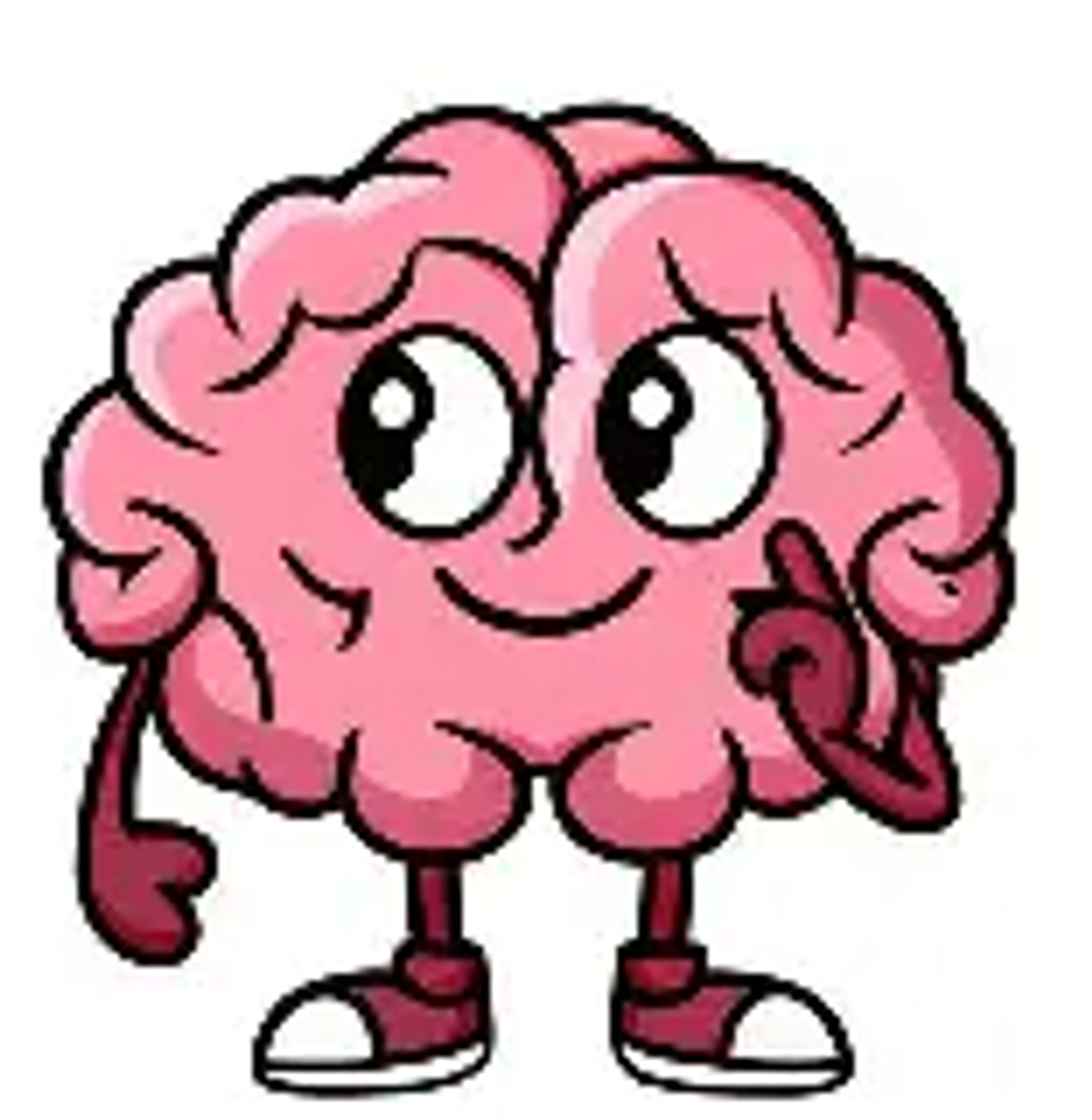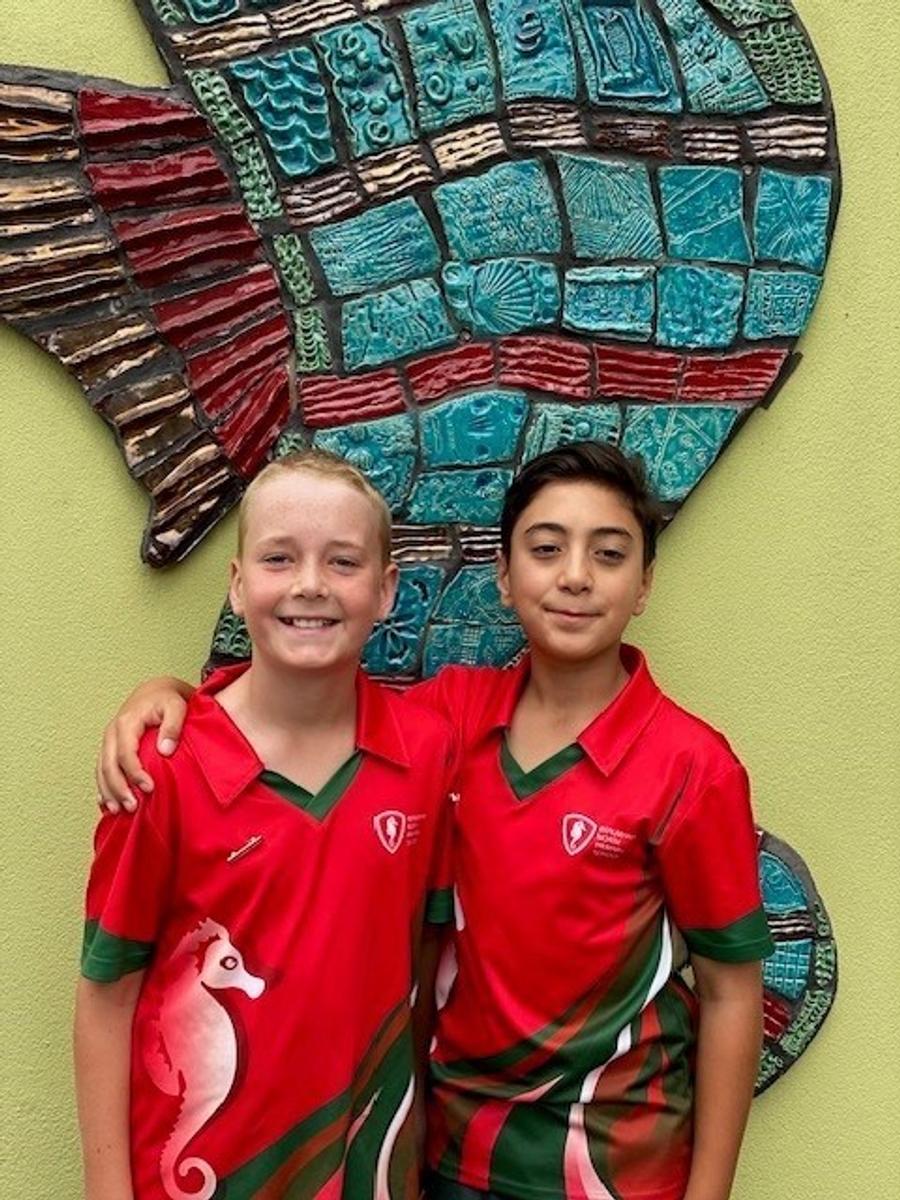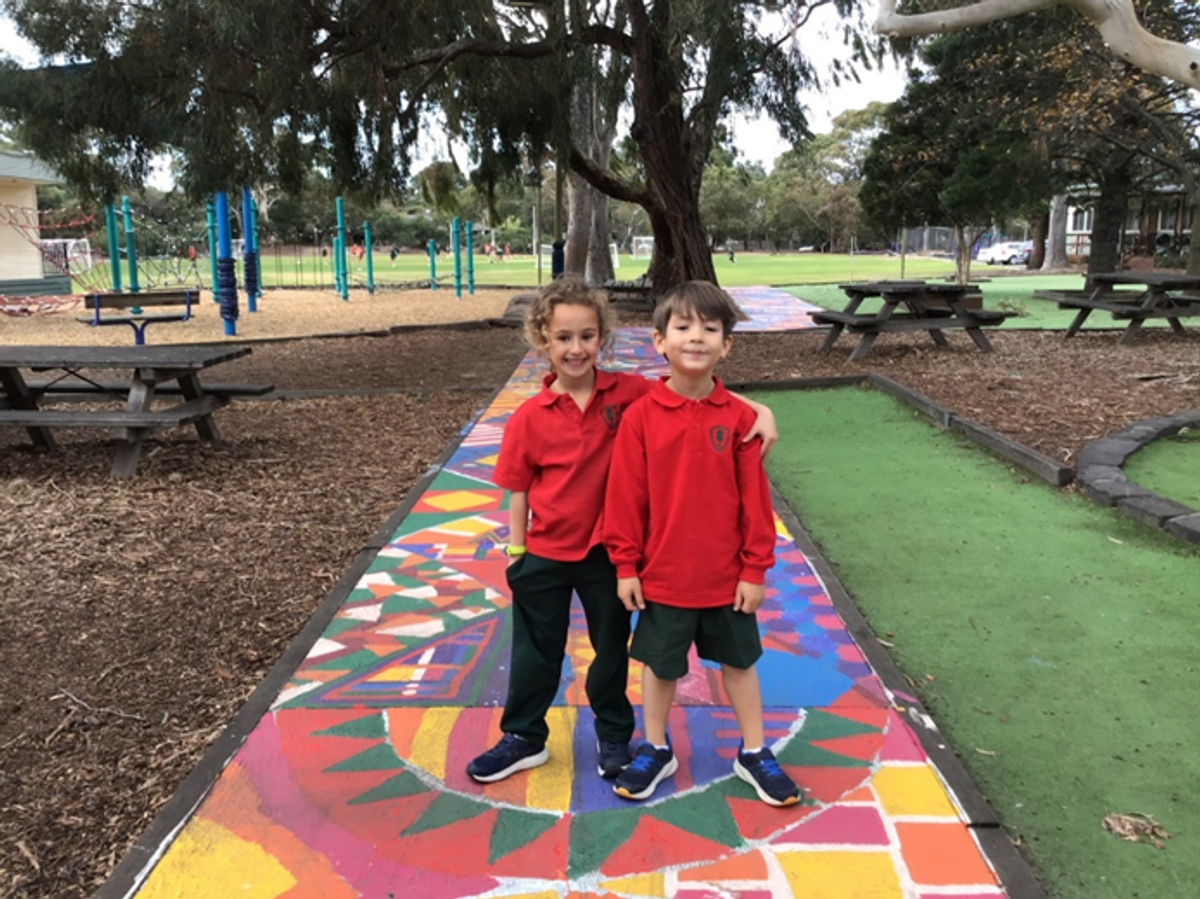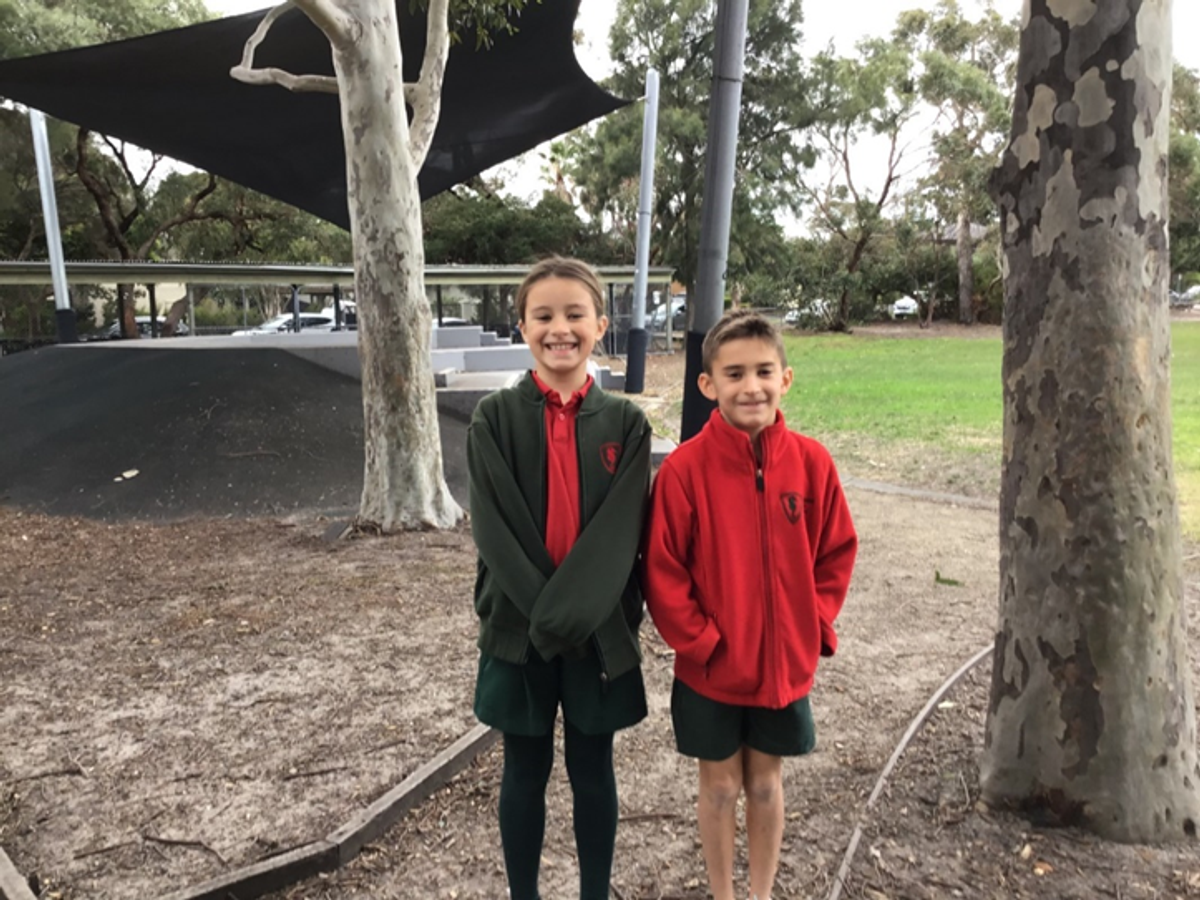PYP
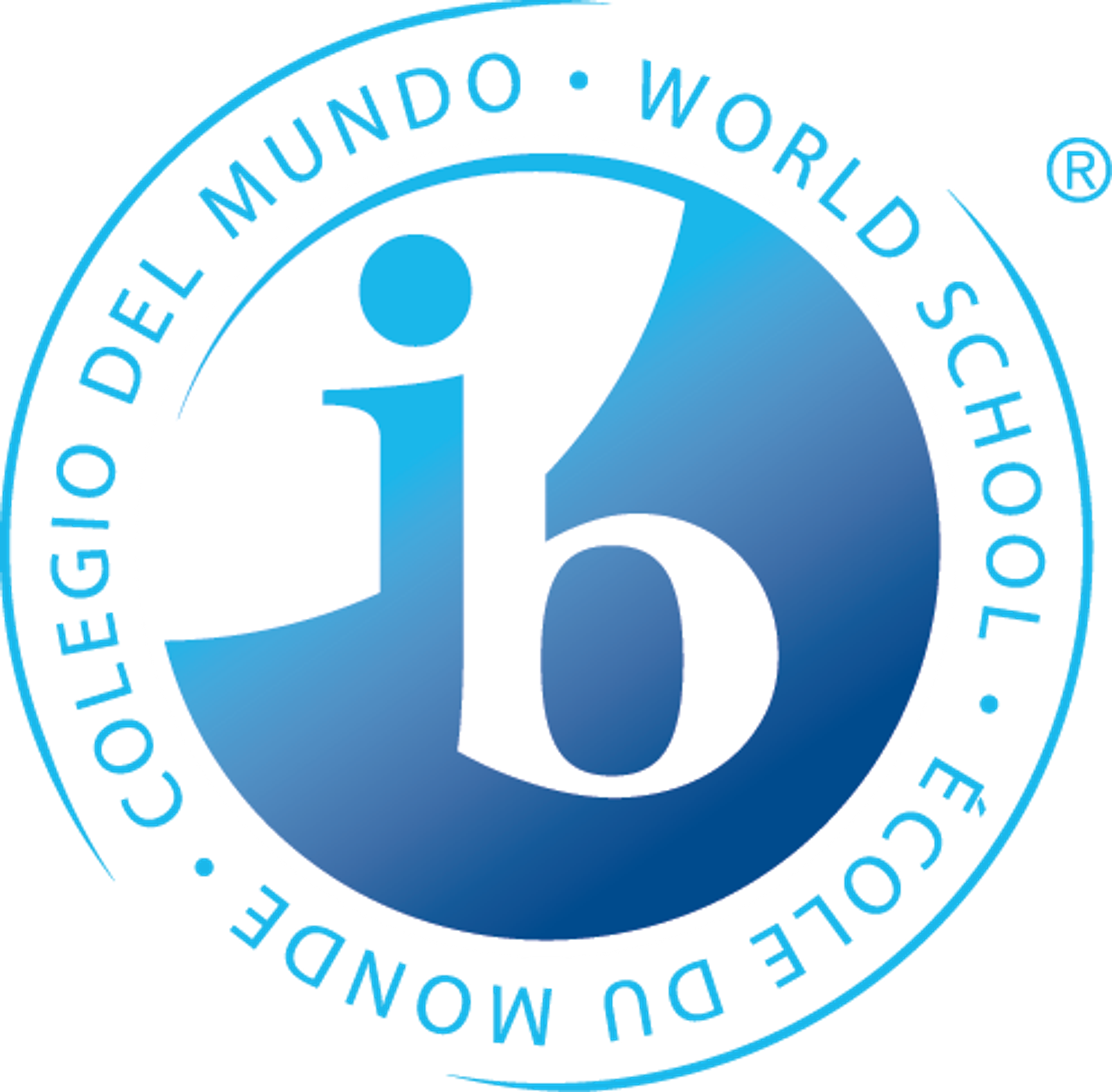
IB Learner Profile Attribute: Thinkers
Empowering Curious Minds at Beaumaris North Primary
At Beaumaris North Primary, we encourage students to be Thinkers—to use critical and creative thinking to solve problems, make decisions, and reflect on their learning.
This aligns closely with the Victorian Curriculum capabilities, through the Critical and Creative Thinking Capability, which helps students ask thoughtful questions, explore solutions, and reflect on their ideas. Through the Personal and Social Capability, where students consider others’ perspectives and make ethical choices.
By nurturing Thinkers, we’re helping children become confident, reflective learners who are prepared for success in all areas of life.
What Does It Mean to Be a Thinker?
Thinkers:
- Apply thinking skills critically and creatively.
- Make reasoned, ethical decisions.
- Reflect on their learning and consider different perspectives.
- Tackle challenges with curiosity and ersistence.
What It Looks Like in the Classroom
In a PYP classroom, you might see:
- Students designing experiments to test a hypothesis.
- Students discussing different strategies to solve a math problem.
- Students reflecting on their choices during inquiry projects.
- Students respectfully challenge each other’s ideas.
Teachers prompting students with open-ended questions.
How You Can Support Thinkers at Home
Ask Open-Ended Questions Try: “What do you think would happen if…?” or “Why do you think that’s the best way?”
Encourage Problem-Solving Let your child try to work through challenges before stepping in. Support them with guiding questions rather than solutions.
Play Strategy Games Board games like chess, checkers, or logic puzzles help develop reasoning and planning skills.
Reflect Together After an activity or event, ask: “What went well?” “What would you do differently next time?”
Model Thinking Aloud Share your own thought process when making decisions or solving problems. This helps children see how thinking works in real life.
Student Voice:
What does being a Thinker mean to us?
Our Year 6 PYP Leaders, Jack and Aiden interviewed some of our Beaumaris North students to find out what it means to be a Thinker — in the classroom and beyond.
What does it mean to be a Thinker at Beaumaris North Primary school?
Being a thinker means to adjust to different environments and circumstances. An example of this if we are outside. We have to think differently to when we are inside. Like adjusting to what's around us and being aware of what around me.
When we have been inquiring into our new unit of inquiry, how we organise ourselves, we have to think about different ways to manage our group and decisions. An example of this was when we were narrowing down our ideas for our stalls for our whole school Mega Market.
We had to open our minds and think of more activities that we could represent at our Mega Market. We have had to adjust different stalls ideas and come up different options that suit our school community better and are feasible.
Jack & Aiden
Questions with Emily and Christopher
How have you been a thinker lately?
“I have been a thinker when learning about the past and present” – Christopher
When were you a thinker?
“I was a thinker when doing my unit of Inquiry and answering questions” - Emily
Questions with Seb & Harriet
How have you been a thinker lately?
“I have been a thinker recently while learning and thinking about aboriginal culture.” - Seb
What’s the best way to be thinker?
“The best way to be a thinker is reflecting back on our learning, and thinking about changes I can make next time.” – Harriet

